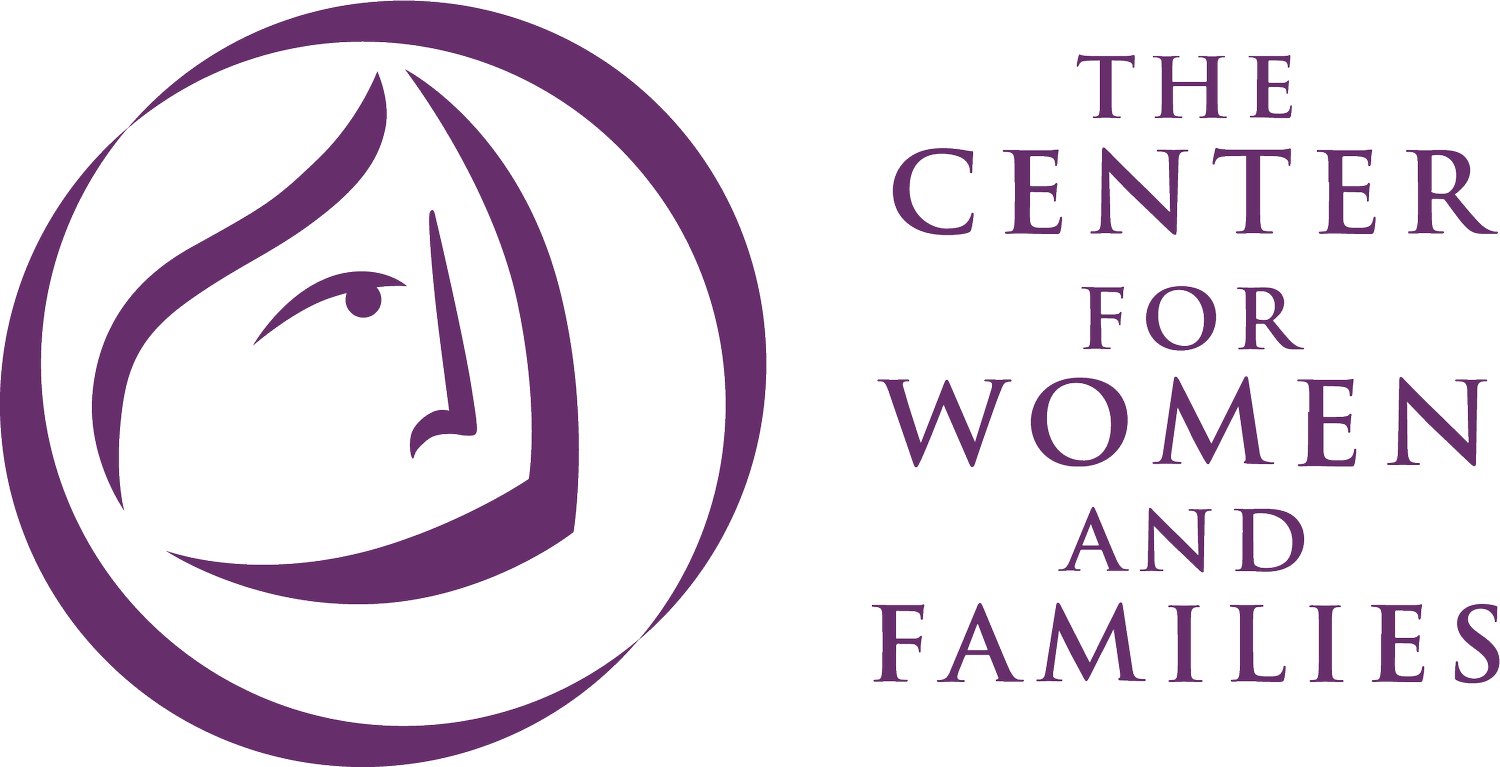Confidentiality
Privacy Is A Fundamental Human Right
People calling The Center seeking supportive services from us are always welcome to remain anonymous if they are uncomfortable giving their name. If they do choose to provide us with their name, federal and state confidentiality laws require us to protect their privacy, and we are glad to do so.
The Center does not reveal the identity of those who are receiving services (including those staying in shelter). The Center will not confirm an individual or family is receiving services or shelter unless required to do so by law.
The Center staff will not make any client’s information public without the client’s written permission, except as required by law (see limits of confidentiality below) or as agreed upon within program guidelines. Prior to The Center staff releasing or obtaining information from other community agencies or individuals, staff will request written permission in all cases—except in a life-threatening situation—as required by law. A client may review their file or obtain copies of information from the file by signing a written release of information. Clients may also complete an authorization for release of information to named professionals when they wish for specific information to be relayed. A client can make a verbal consent to release written information. A client can also choose, at any time, to revoke their consent.
We Will Not Ask Your Documentation Status
We will never ask for your citizenship or documentation status to seek services, and we will always provide you with an interpreter free of charge. We know that domestic and sexual violence affects all people. We are ALWAYS here to help. Please call:1-844-BE-SAFE-1.
No Preguntaremos Sobre Tu Estatus Migratorio.
Nunca pediremos su ciudadanía o documentación para buscar servicios y siempre le proporcionaremos un intérprete gratis. Sabemos que la violencia doméstica y sexual afecta a todas las personas. Siempre estamos aquí para ayudar. Por favor, llama 1-844-237-2331.
Confidentiality In Shelter
Individuals or families living in shelter at The Center are kept confidential. The Center will not reveal who is staying in shelter or confirm who is in shelter to anyone except when required by law to do so.
Limits Of Confidentiality
We will not disclose information about our clients to anyone outside The Center without a signed release of information, except as required by law or agreed upon by program guidelines as outlined below. These situations may include:
Abuse and Neglect. The Center must report if a child, spouse, or vulnerable adult is being abused or neglected.
Duty to Warn. The Center is required to report if a client threatens violence against themselves or others.
Court Order. Information will not be released for legal purposes without written permission or a valid court order. The Center will advocate for client safety and privacy.
Monitoring and Oversight Activities. To ensure quality services, The Center’s work is reviewed and audited by certain oversight entities like the Kentucky Association of Sexual Assault Programs (KASAP) & ZeroV (formerly the Kentucky Coalition Against Domestic Violence).
Medical or Fire Emergency. While every effort will be made to obtain a written authorization for release of information from clients, in cases of a medical or fire emergency, The Center might share clients’ name and location with emergency workers to keep clients safe.
Under 18 Years of Age. Information may be shared with a parent or guardian, except if the parent has abused the client or is not acting in the client’s best interest.
Supervision, Case Consultation, and Collaborative Service-Planning. Center staff may discuss clients with team members or supervisors to ensure quality services and continuity of care. These individuals will also maintain clients’ confidentiality.
Center staff will only share information as required by law. If confidential information needs to be disclosed, a Center staff member will inform clients about the disclosure and discuss the potential consequences. Whenever possible, staff will notify clients in advance and provide support, allowing clients to disclose the information to the appropriate authorities themselves.
Notice Of Privacy Practices
Clients have the right to access and amend their records, request confidential communication, limit information sharing, and be notified of any inability to meet these requests.
Clients can file a complaint with the U.S. Department of Health and Human Services if they believe their privacy rights have been violated.
If you or someone you know is in need of support, we're here for you. Connect with our advocates 24/7 for confidential help and resources.
